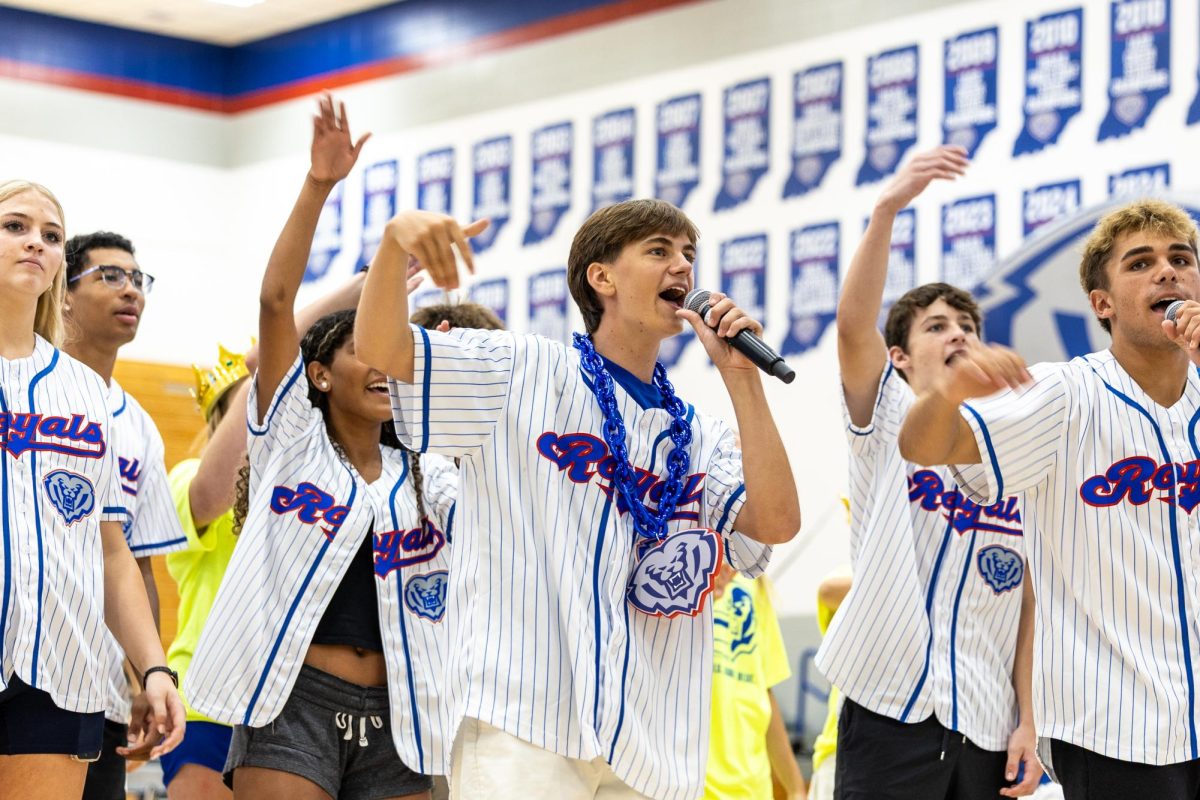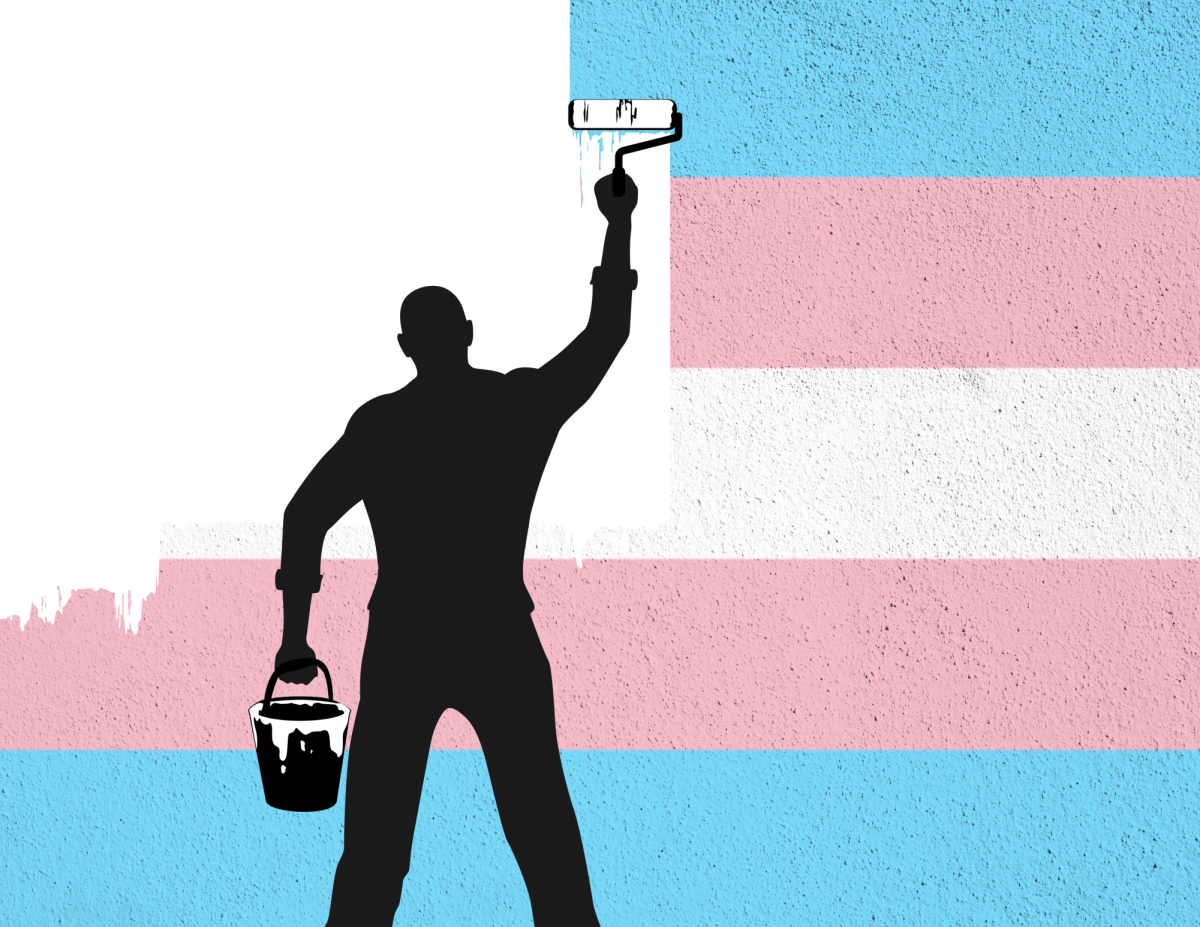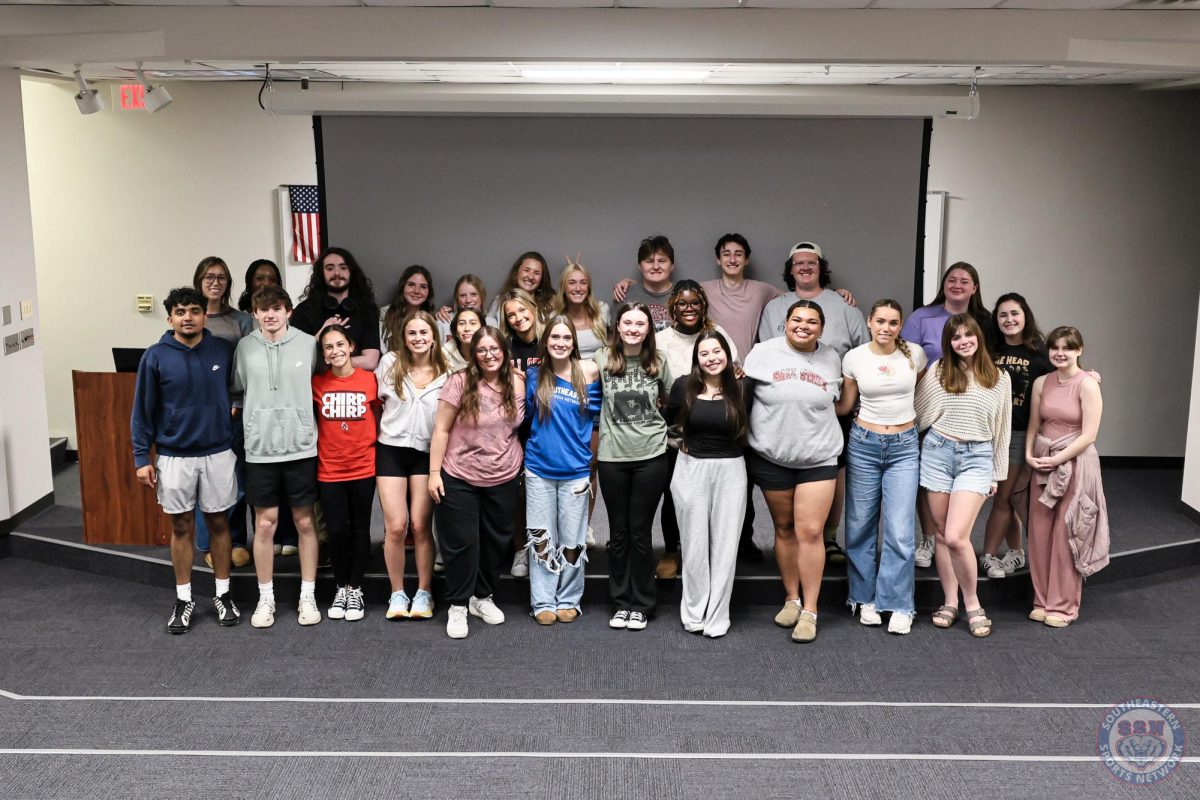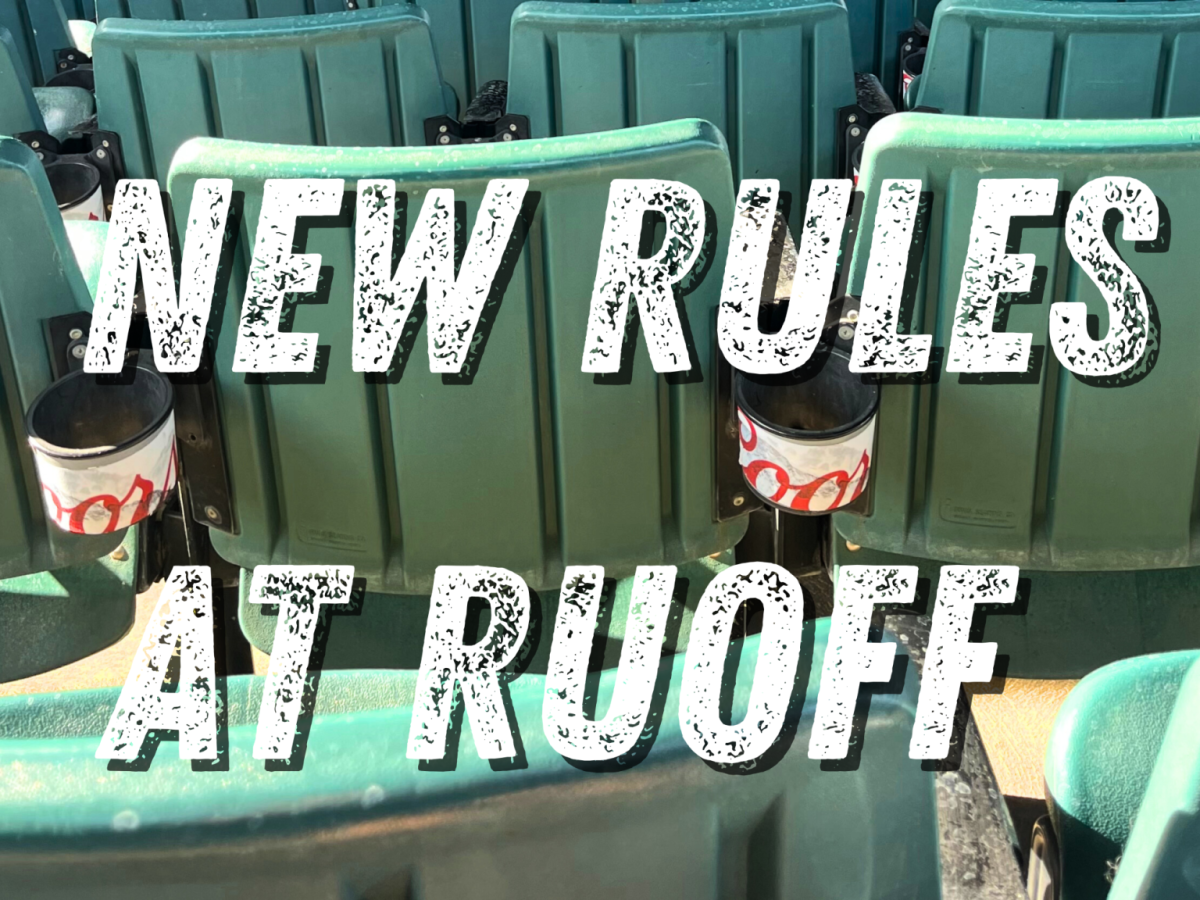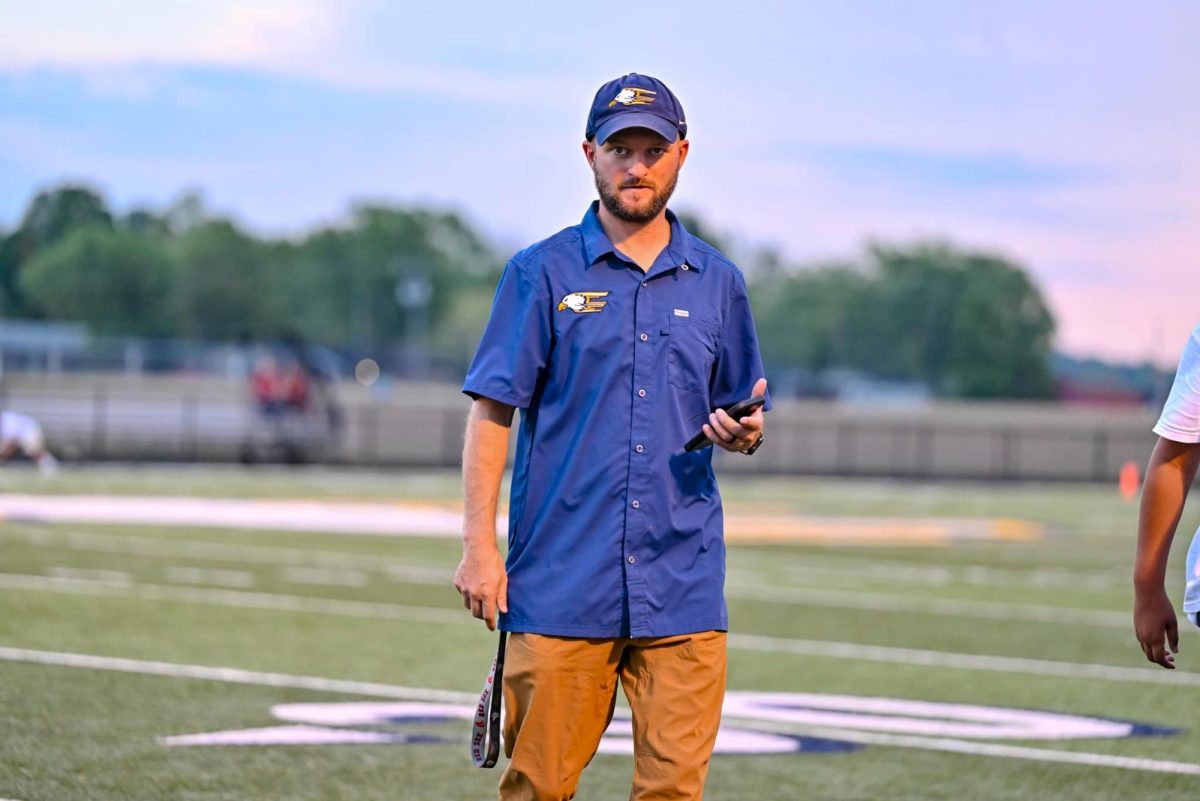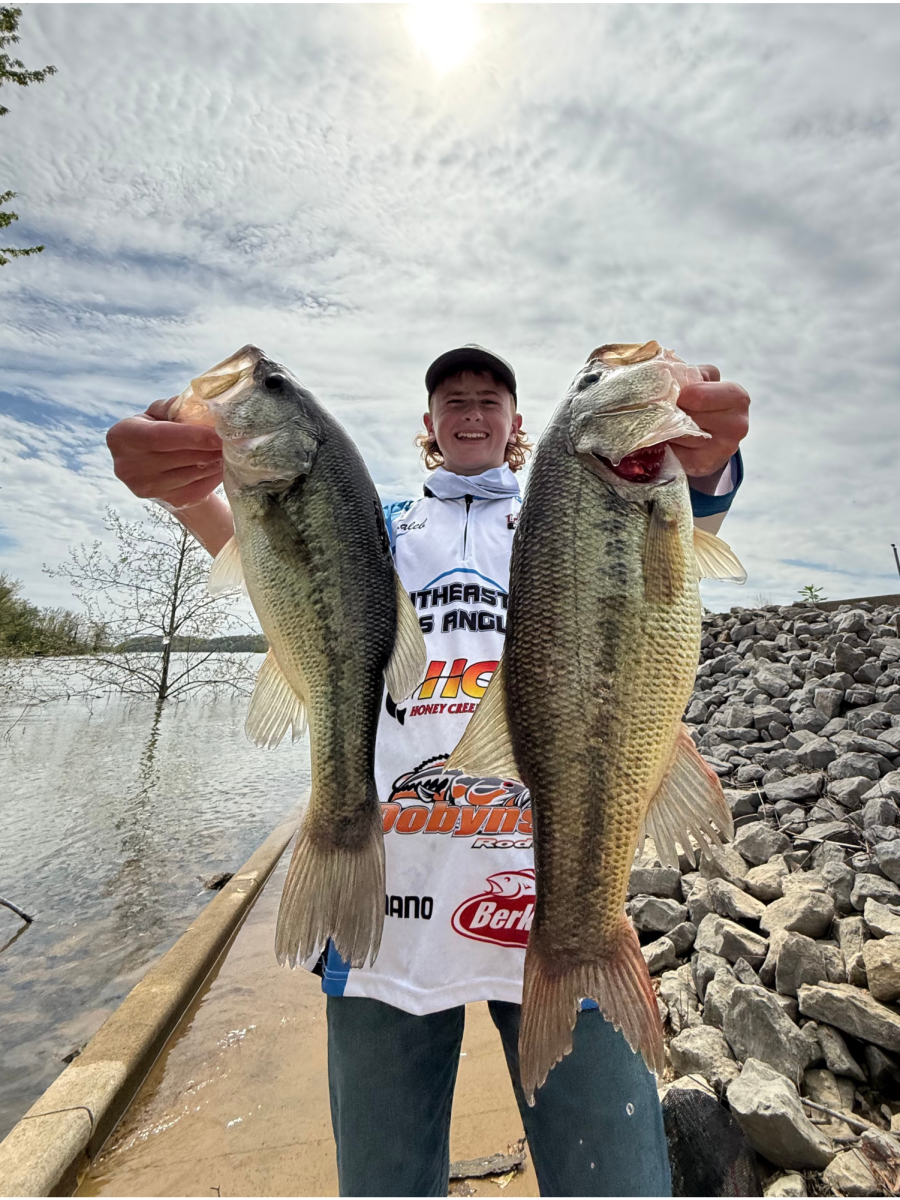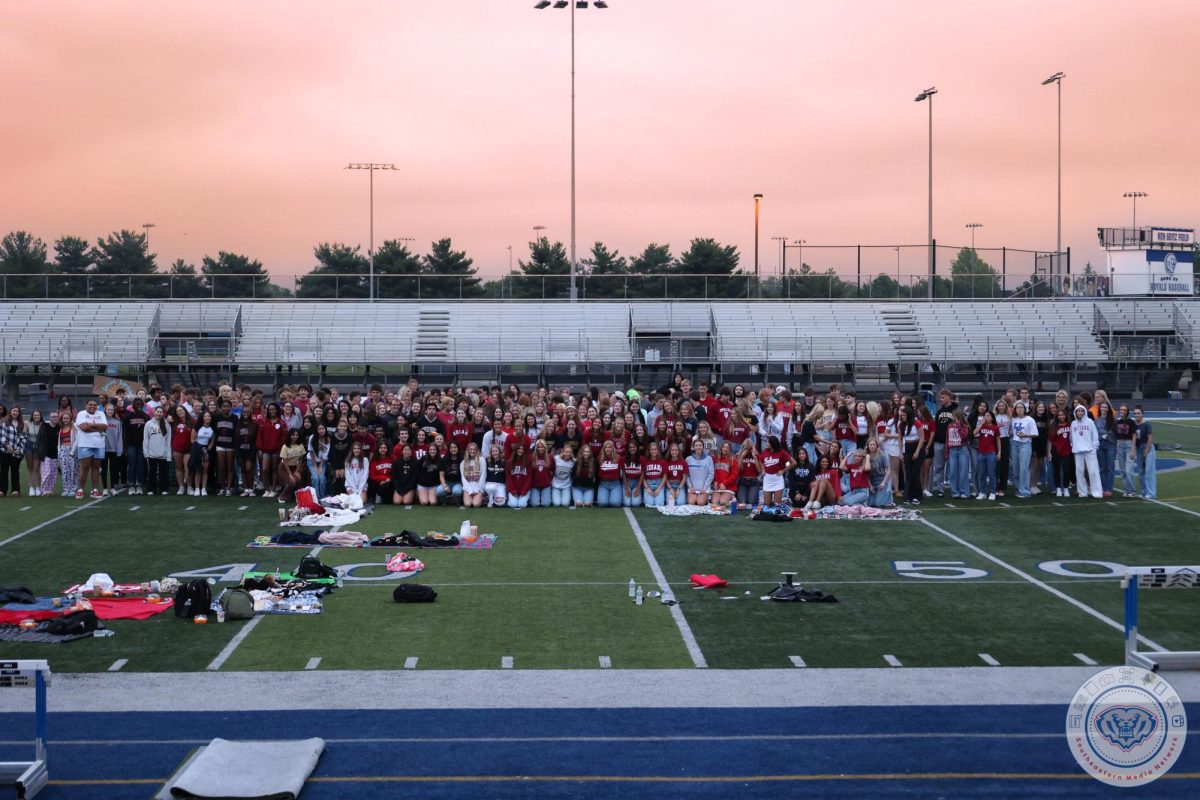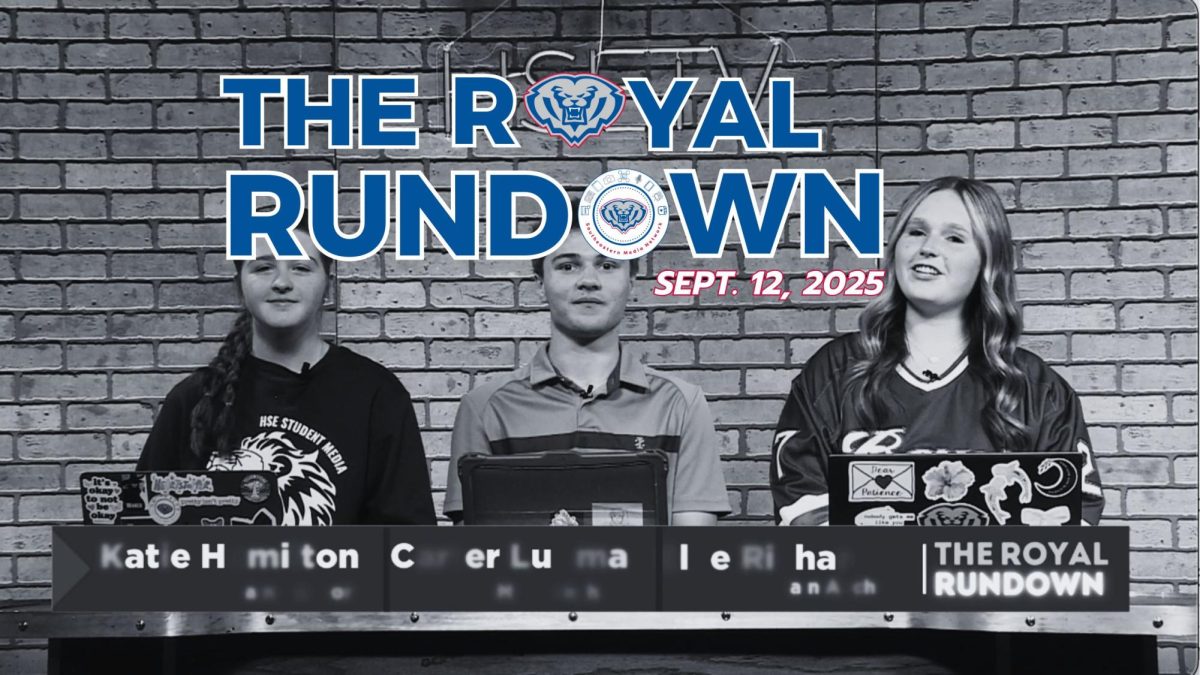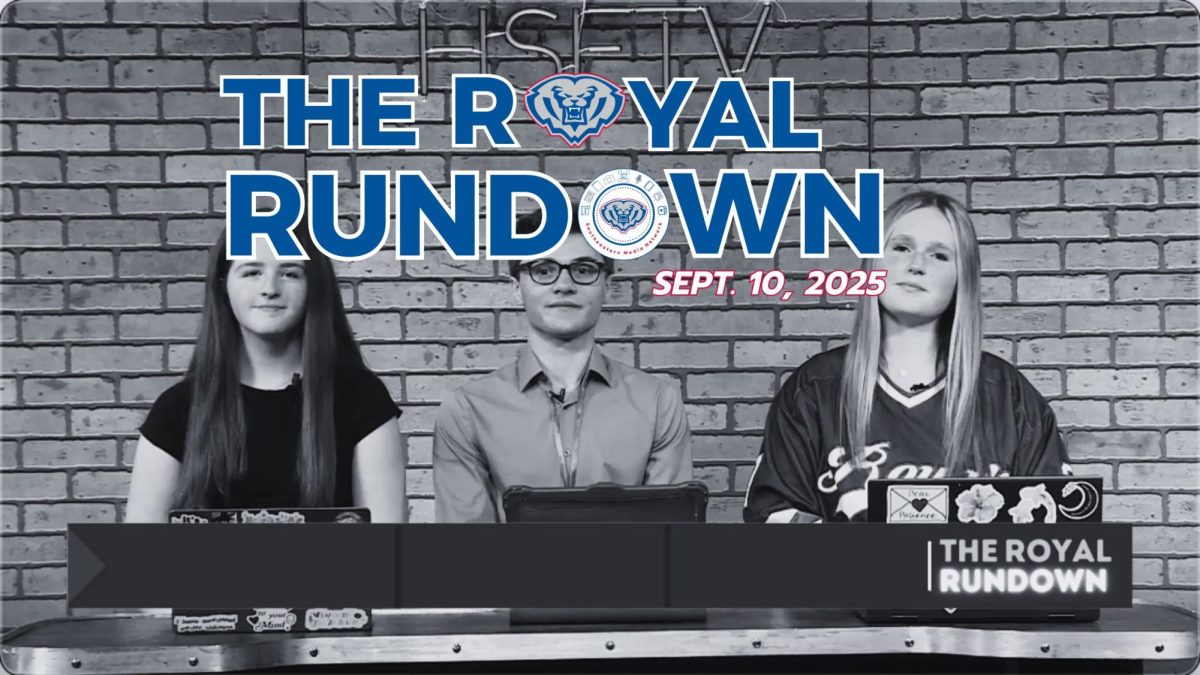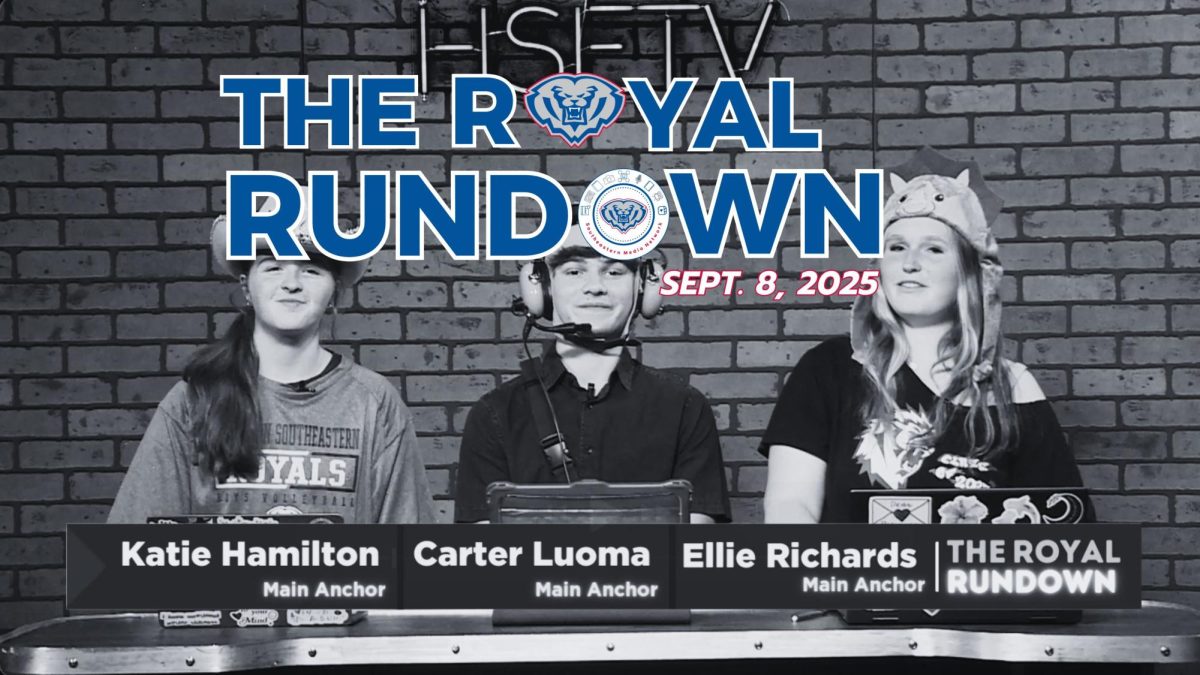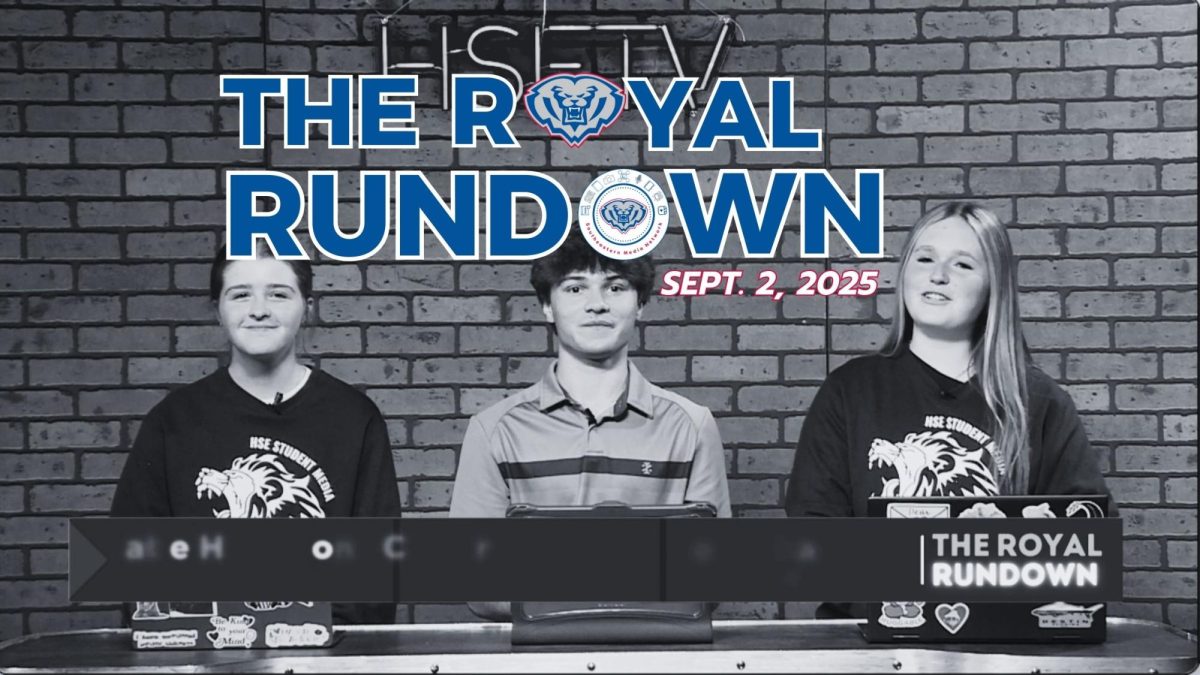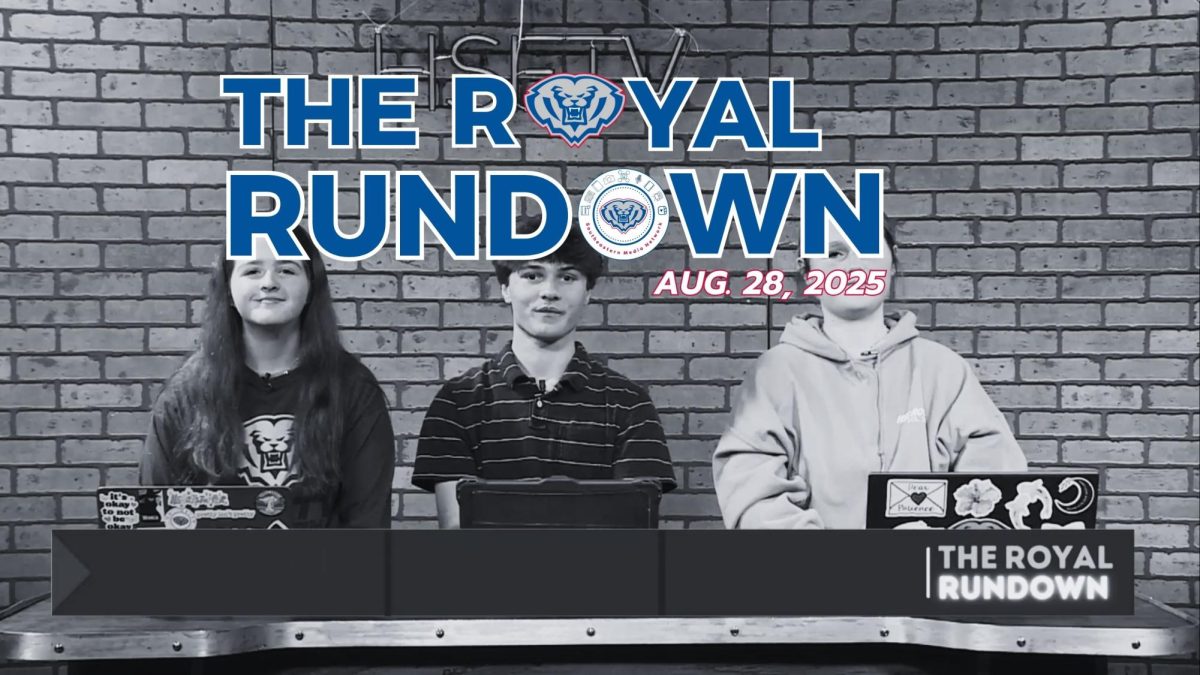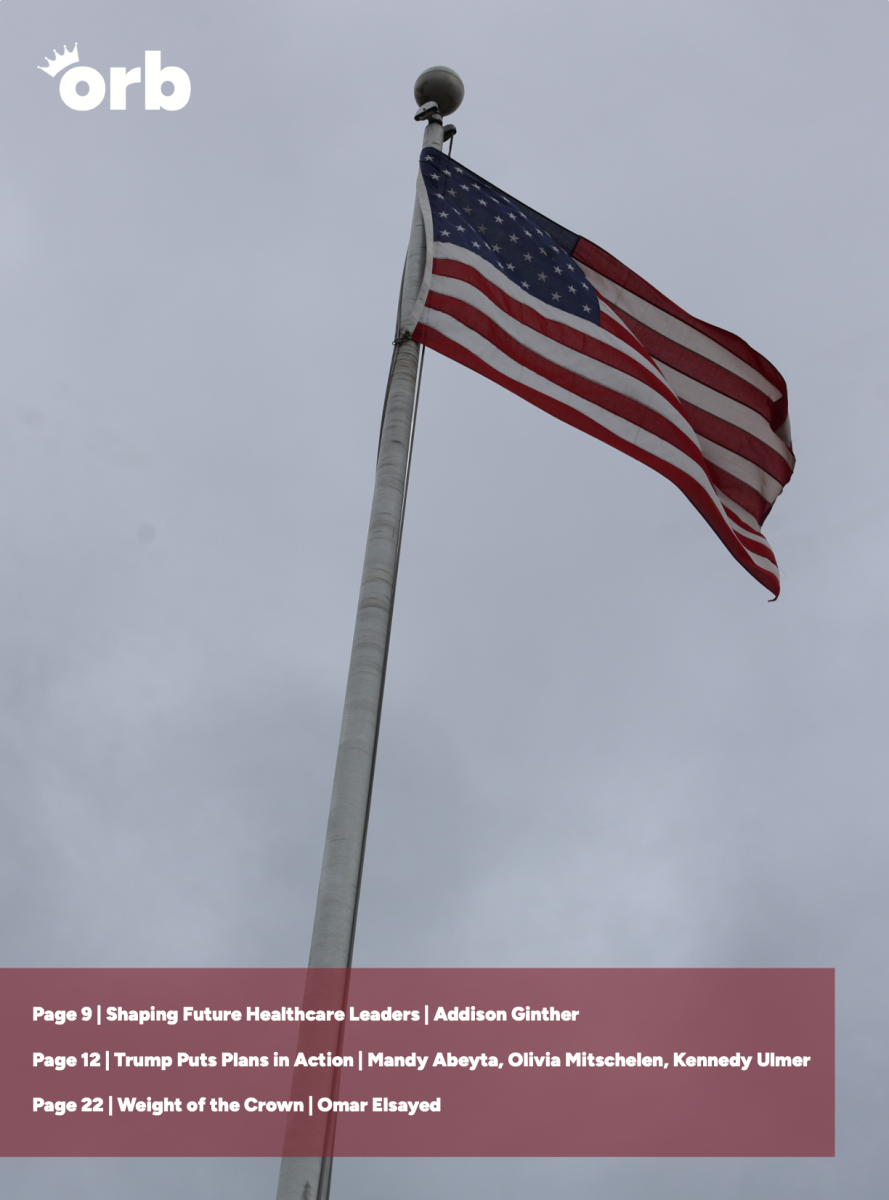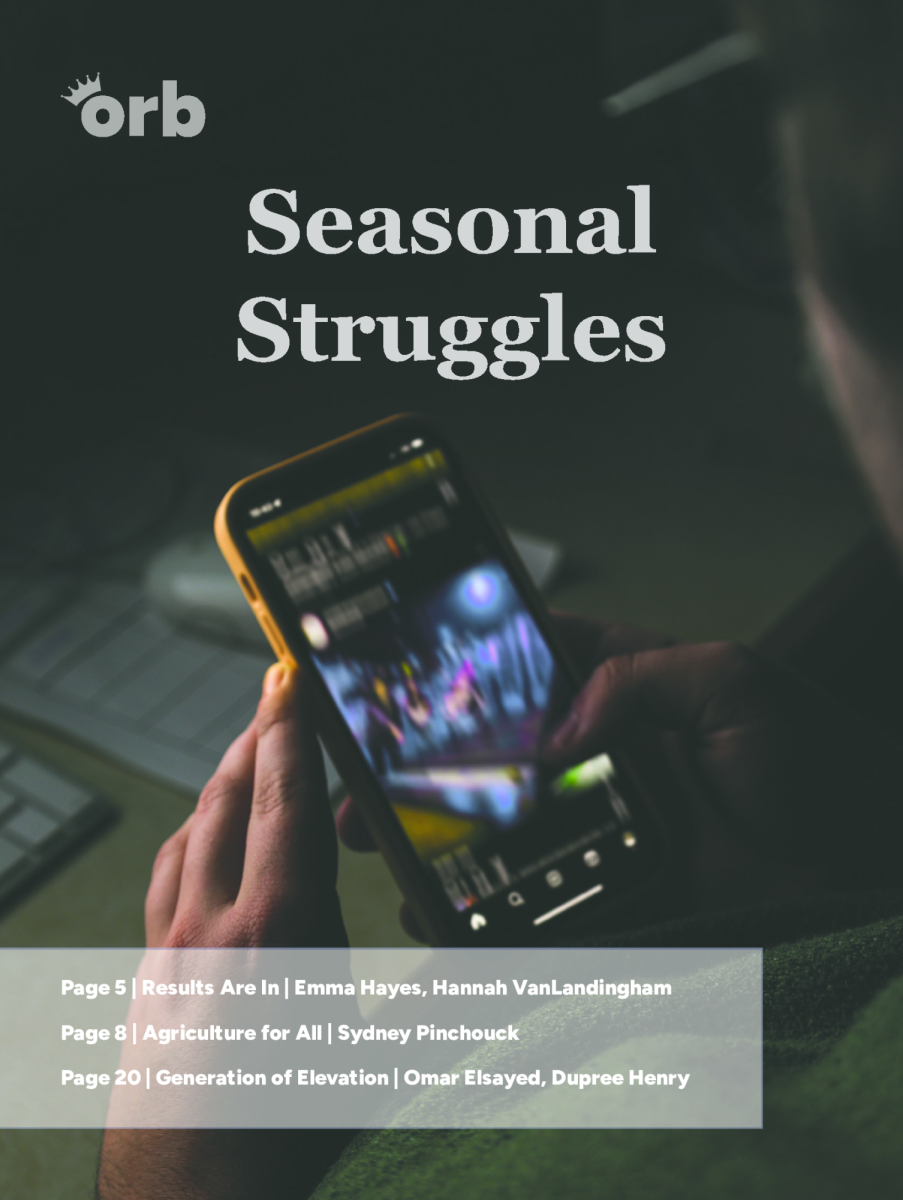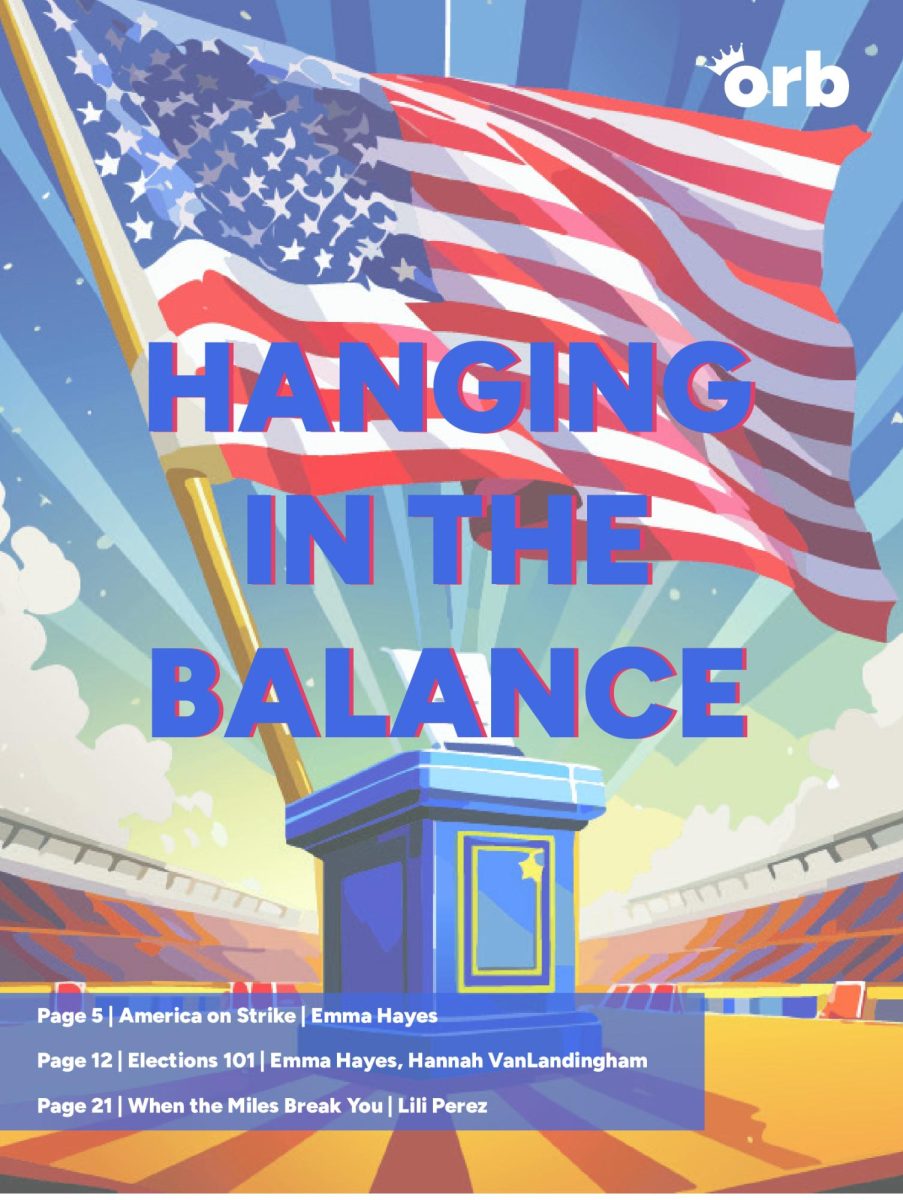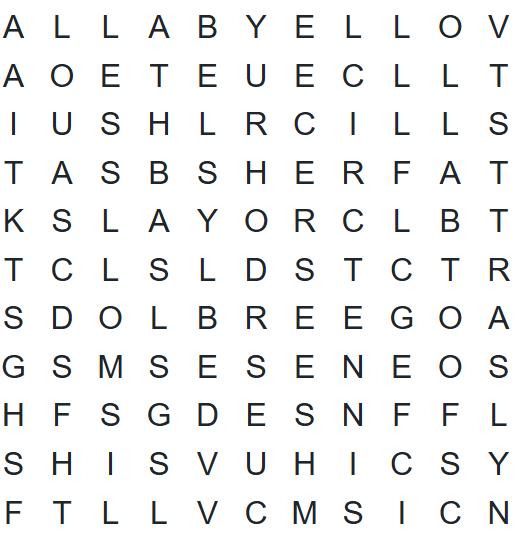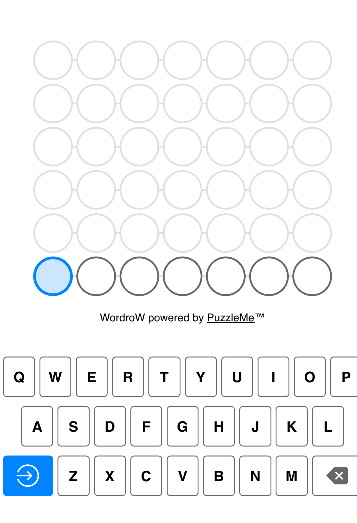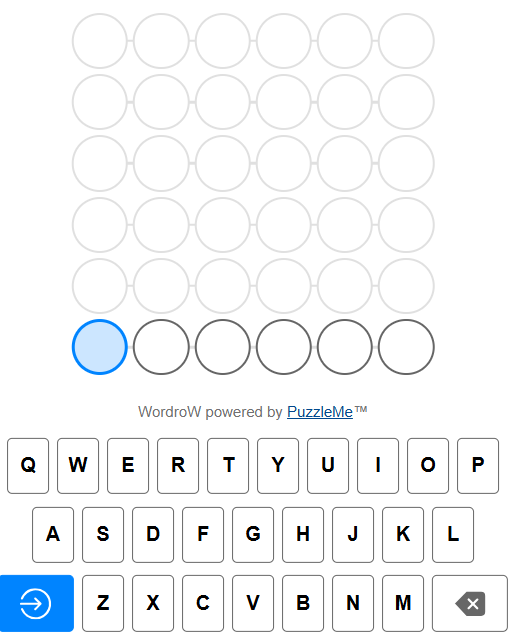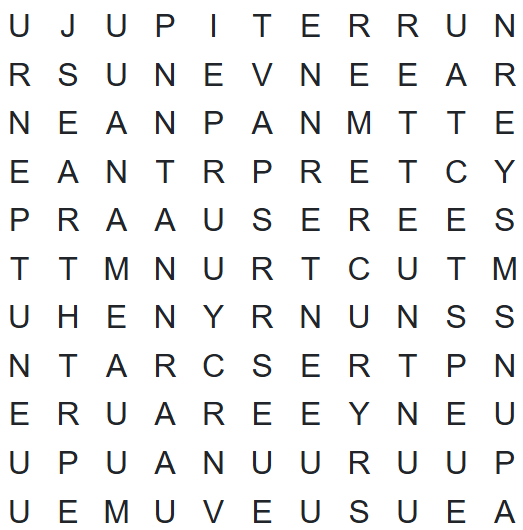Many have already penciled in the Phoenix Suns as title contenders coming into this season because of their various offseason acquisitions, headlined by the trade for former Washington Wizard Bradley Beal and the team’s participation in the Damian Lillard trade. Yet, this Suns team doesn’t even seem much better than the one from last season. Yes, Bradley Beal is a good player, but is he expectation-altering for Phoenix?
Simply put, he isn’t. Beal is a former All-Star, emphasis on the word former. During Beal’s last All-Star appearance in the 2020-2021 season, he put up gaudy numbers, averaging 31.3 points per game. Beal’s supporting cast would likely be considered less than subpar, with an aging, but still productive, Russell Westbrook being the only other player of note. Thus, Beal scoring north of 30 points per game on these bad teams is the textbook definition of a “good stats, bad team” guy. His numbers look the way they do because they are inflated due to a dearth of supporting talent coming from the rest of the team.
Beal has regressed sharply in almost all facets of the game in the last two seasons. His points per game is down more than eight points from the 2020-2021 season. Never a great three-point shooter, Beal’s percentage in the two years since his last All-Star appearance is more than 15 percentage points lower. An underrated but incredibly telling statistic of a player’s offensive prowess is free-throw attempts, and Beal has undergone a massive drop off from the 7.7 per game in 2020-2021 to just 4.6 per game in 2022-2023.
While Beal has statistically regressed, the thing that the Suns should be more worried about is his availability. Over the past two seasons Beal has played in less than 55% of games. This lack of availability could be a huge concern for Phoenix as their two best players, Kevin Durant and Devin Booker, both dealt with injuries a season ago.
When Phoenix traded for Beal, they staked their flag in creating a “Big Three” with Beal, Booker, and Durant. However, the issue is that the Suns now lack rotational depth. Dealing Deandre Ayton for more rotational pieces certainly helps but there is still much to be desired. Ayton’s replacement at center will now be Jusuf Nurkić, who among centers who played at least 50 games last year, ranked seventh worst in defensive rating.
The thing that killed the Suns in the playoff last year was their inability to play credible defense against bigs and yet, the Suns went out and traded for a player with minimal defensive upside and who is most famous for being dunked on by Lebron James. Furthermore, the only other notable pickup that the Suns had during the offseason was journeyman and veteran Eric Gordon. Gordon has become a great offensive weapon off the bench as he has aged but currently, he may be the fourth best player on this team. This should make Phoenix weary considering the fact that on most other playoff caliber teams he would likely be the seventh or eighth best.
This now brings up the most crucial reason as to why the Suns are overrated going into the next season: the rest of the league is too competitive. With Phoenix attempting the aforementioned “Big Three” strategy they are trying to relive a previous era in the 2010’s. Building a team centered around three players while the rest of the team are average to below average doesn’t work in a league that is as talent rich as the NBA right now.
Last year’s champions, the Denver Nuggets, had one generational player, Nikola Jokić, and surrounded him with great role players and borderline All-Stars, Jamal Murray and Aaron Gordon to just name a few. The Golden State Warriors used this same strategy a few years ago when they won the title. The Los Angeles Lakers and Boston Celtics are doing it right now as well.
For whatever reason, the Suns are attempting to buck this trend. No matter how good Beal plays, or how well the role players pick up slack, Phoenix will continually be the inferior team come playoff time.

